Navigating Fall Festivities: Safeguarding Your Pets from Dietary Indiscretions By Dr. Joe J. Owens III
As fall approaches, so do the festive holidays of Halloween and Thanksgiving. While these joyous occasions are filled with delectable treats and scrumptious feasts, they also pose potential health hazards for our furry companions. Dietary indiscretions during these seasonal celebrations can lead to serious health issues for pets. As responsible pet owners, it is essential to be aware of the risks and take necessary precautions to keep our four-legged friends safe.
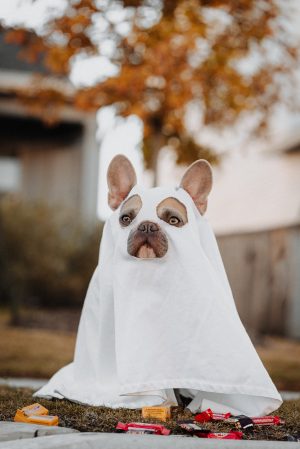
Halloween Hazards: Chocolate Toxicity

Halloween’s synonymous candy and chocolate can be deadly for pets, especially dogs. Chocolate contains theobromine and caffeine, substances that are toxic to dogs and, to a lesser extent, to cats. Even small amounts of chocolate can cause vomiting, diarrhea, increased heart rate, and tremors. In severe cases, seizures and cardiac arrest. To safeguard your pets during Halloween:
1. KEEP CANDY OUT OF REACH
Store Halloween candy, including chocolate, in secure containers or cabinets out of your pet’s reach. Remind children and guests not to share candy with pets.
2. BE VIGILANT ON HALLOWEEN NIGHT
Keep your pets indoors during trick-or-treating to prevent accidental encounters with dropped candy.
3. KNOW THE SIGNS
Watch for symptoms like restlessness, pacing, increased thirst, and vomiting. Seek immediate veterinary attention if any concerning signs arise.
Thanksgiving Temptations: Excessive Table
Food Ingestion
Thanksgiving’s abundance of feasting can lead to digestive distress and health issues for pets. Many traditional dishes contain ingredients harmful to pets, such as fatty foods, bones, onions, garlic, grapes, raisins, and certain spices.
To keep your pets safe during Thanksgiving:
1. REFRAIN FROM TABLE SCRAPS
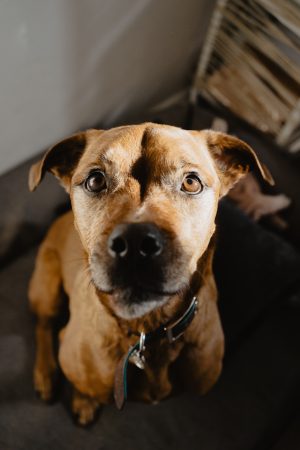
Resist sharing table scraps with your pets, as fatty and seasoned foods can cause gastrointestinal upset and pancreatitis. Clinical signs can present as vomit/diarrhea/ bloody diarrhea but are extremely painful to your pet. Seek veterinary care ASAP.
2. EDUCATE GUESTS
Inform guests, especially children, not to feed table scraps to pets.

3. SECURE TRASH BINS
Dispose of food scraps securely in covered trash bins to prevent pets from ingesting harmful items.
4. PET-FRIENDLY TREAT SUBSTITUTES
Consider pet-safe veggies like fresh carrots/green beans and fresh fruits like watermelon/blueberries instead of high- calorie “pet-safe” treats from the store.
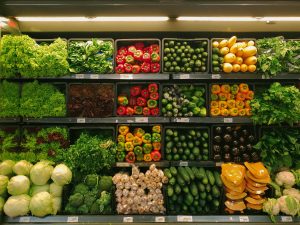
General Tips for Your Pet’s Holiday Safety
- Routine Maintenance: Ensure your pet’s vaccinations and preventive medications are up-to-date before the holidays to protect them from potential infections or parasites during holiday travel.
- Identification and Microchipping: With increased foot traffic, ensure your pet wears a collar with proper identification tags, and consider microchipping a permanent form of identification.
- Quiet Space: Create a comfortable space for your pets to retreat to if they need a break from the holiday gatherings.
- Monitor Decorations: Be cautious with holiday decorations that can pose ingestion or choking hazards for curious pets.
By being mindful of the hazards and taking proactive steps to protect our furry friends, we can ensure that these holidays remain safe, enjoyable, and memorable for all members
of the family, both human and animal alike.
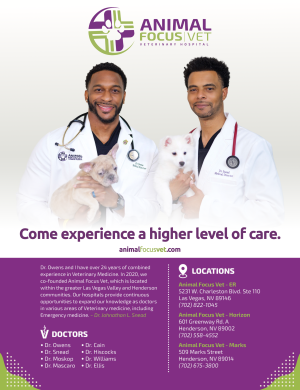



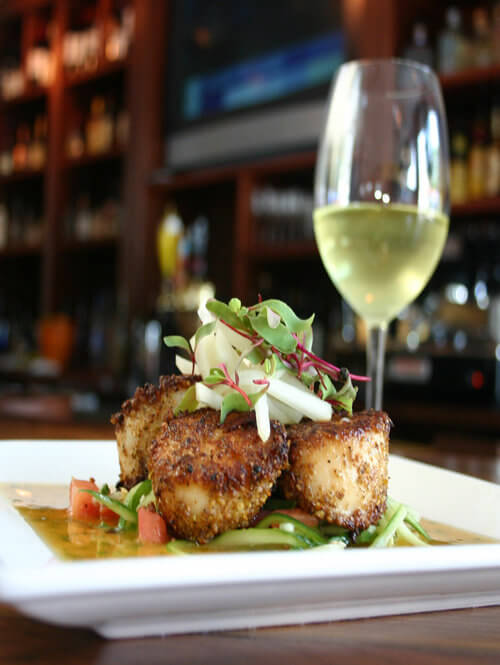

Leave a Reply